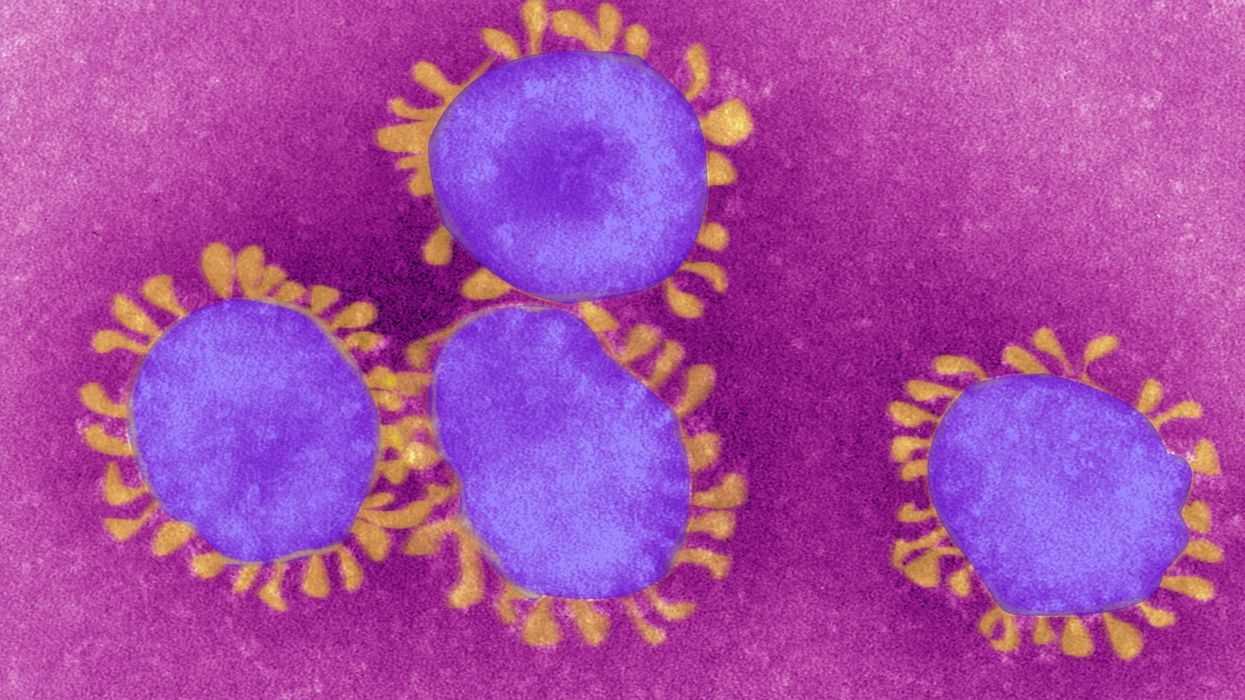
Photo By BSIP/UIG Via Getty Images

High level of antibodies six months or more after initial infection
A new U.K.-based study has found that the majority of people who were previously infected with COVID-19 have very high levels of antibodies for six months or more following an initial infection, possibly protecting them from a second infection for that time period.
On Wednesday, Reuters reported that Naomi Allen, professor and chief scientist at the U.K. Biobank — where the study was carried out — said that long-lasting antibodies prompt researchers to believe reinfection during that period of time will be rare.
The study was carried out on 20,000 volunteers and was composed of a combination of existing U.K. Biobank participants and their adult children and grandchildren over the age of 18 years.
The resulting report pointed out, "Among participants who had tested positive for previous COVID-19 infection, 99% retained antibodies to SARS-CoV-2 for three months, the results showed. After the full six months of follow-up in the study, 88% still had them."
"The vast majority of people retain detectable antibodies for at least six months after infection with the coronavirus," Allen explained. "Although we cannot be certain how this relates to immunity, the results suggest that people may be protected against subsequent infection for at least six months following natural infection."
According to Sky News, Allen added, "More prolonged follow-up will allow us to determine how long such protection is likely to last."
The study also found that the proportion of the U.K. population with antibodies "rose from 6.6% at the start of the study period in May/June 2020 to 8.8% by November/December 2020."
Sky News reported that despite the findings, researchers insist that there is still a possibility that they can pass the virus on to others during the period following convalescence.
Professor Rory Collins, U.K. Biobank's principal investigator, added, "Both with vaccines and indeed with past infection, we don't yet know what impact that has on the ability to be carrying the virus and transmitting to others."
He added, "One important message both for people who have been infected, and for people being vaccinated, is you may be protected, to some extent, but you may still put others at risk."